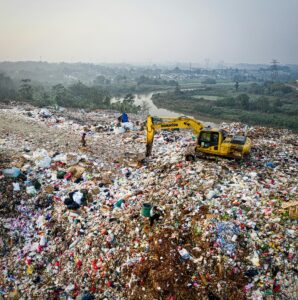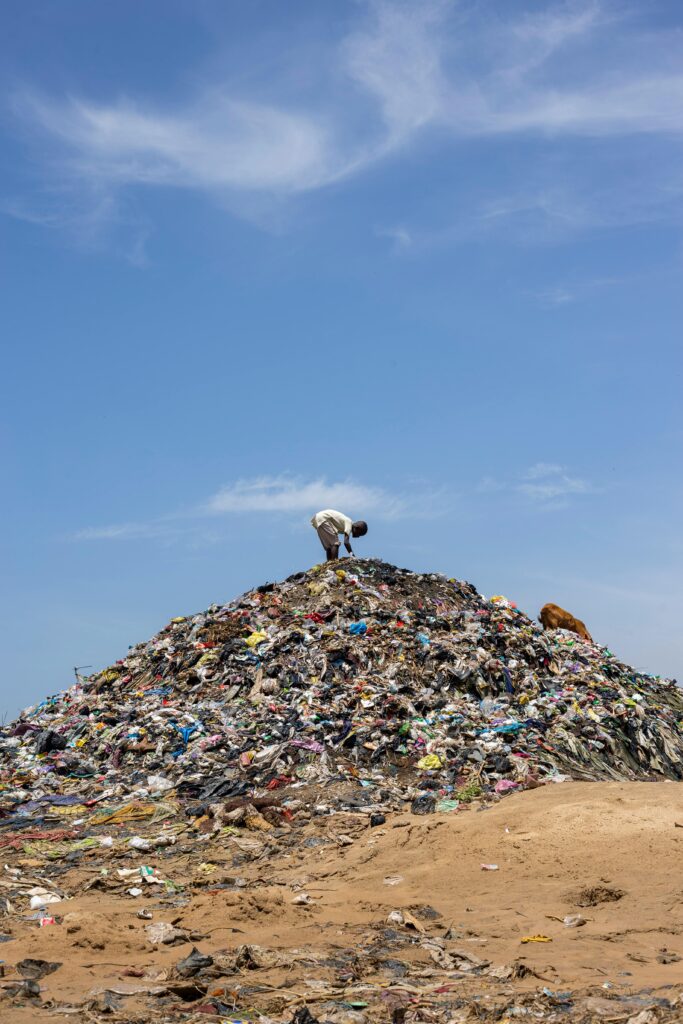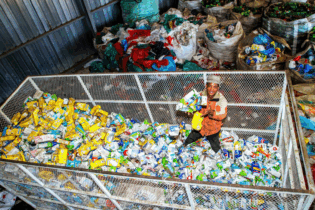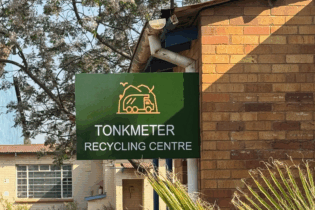Landfills create leachate, a liquid that seeps from waste, which is highly hazardous and can contaminate groundwater. SRK Consulting, an international consulting firm that offers technical services to the natural resource industries, posit that through monitoring groundwater municipalities can manage this contaminant.
“Groundwater monitoring is a legislative requirement, but it is often done simply to ‘tick the box’ in the compliance process,” argues Richard O’Brien, principal environmental geochemist and partner at SRK Consulting.“To effectively mitigate risk, it is essential that this monitoring is conducted scientifically and diligently – and that the data is analysed correctly so that the right actions can be taken.”SRK is monitoring groundwater around landfill sites for several South African municipalities and waste management organisations, giving municipal managers and operators insights into contamination risks arising from leachate plumes under these facilities. O’Brien explains when groundwater monitoring is done correctly the data can yield early warning signs which inform the intervention strategies of municipalities. “Key aspects of effective groundwater monitoring are, firstly, ensuring that the sampling is performed consistently and diligently, that analyses are accurate, and secondly, understanding how to interpret the results of these samples,” O’Brien noted. “These test results will help detect changes in the groundwater chemistry, for instance, warning municipalities of any signs of groundwater contamination.”
Accuracy of groundwater sampling
When collecting samples for groundwater monitoring, the samples need to accurately represent the groundwater as it occurs in the aquifer, he emphasised. This requires all aspects of the monitoring system, including infrastructure, to be well maintained. Landfills can present quite an aggressive environment, where monitoring well headboxes may be vandalised and damaged. The site conditions are often dusty and full of debris, which can impact the sample if there is ingress into the monitoring well. “Obtaining a sample is not quite as simple as lowering a plastic tube into a water resource,” he said. “If the groundwater sample is taken from ‘standing water’ which has contact with the atmosphere, it will undergo chemical changes such as oxidation – and will not deliver an analytical result accurately reflecting the aquifer chemistry.” As part of one of the current monitoring contracts, SRK is also conducting maintenance of the monitoring infrastructure to ensure the integrity of results. For instance, fine colloidal material in groundwater can accumulate in the monitoring boreholes and negatively impact the chemistry of the sample, he pointed out. “We therefore conduct an ad hoc process of jetting out the accumulated silt to recover the monitoring well and restore its functionality,” he said. “This should only be done when it is shown that silt has accumulated and always well in advance of sampling.”Monitoring
Beyond the quality and chemistry of the groundwater, a range of other important measures are taken as part of the groundwater monitoring regime. This includes the depth in relation to the water table, which informs calculations about the groundwater’s direction of flow.“The monitoring pump is installed, being careful to ensure it is in the targeted zone – so that results are consistent and comparable over time,” he said.
“During pumping, we monitor the electrical conductivity, indicating the level of dissolved salts in the water; we also measure indicators like the pH, redox potential, the dissolved oxygen, as well as the temperature.”SRK Consulting is able to execute detection monitoring protocols by diligently collecting samples, testing them at accredited laboratories, and interpreting the results. “This allows municipalities to assess if the results meet the parameters that are laid out in the regulatory licenses for each landfill, whether they are operational or not,” stated O’Brien. “This groundwater quality monitoring is becoming increasingly important as the country relies increasingly on precious groundwater resources as the population and economy grows.” He noted that landfills evolve with time in terms of the leachate they generate, and the monitoring data informs how their impact on groundwater changes. “Where we have a long-term monitoring record of both leachate and groundwater, we can start drawing conclusions about the interaction between leachate chemistry and groundwater chemistry.”
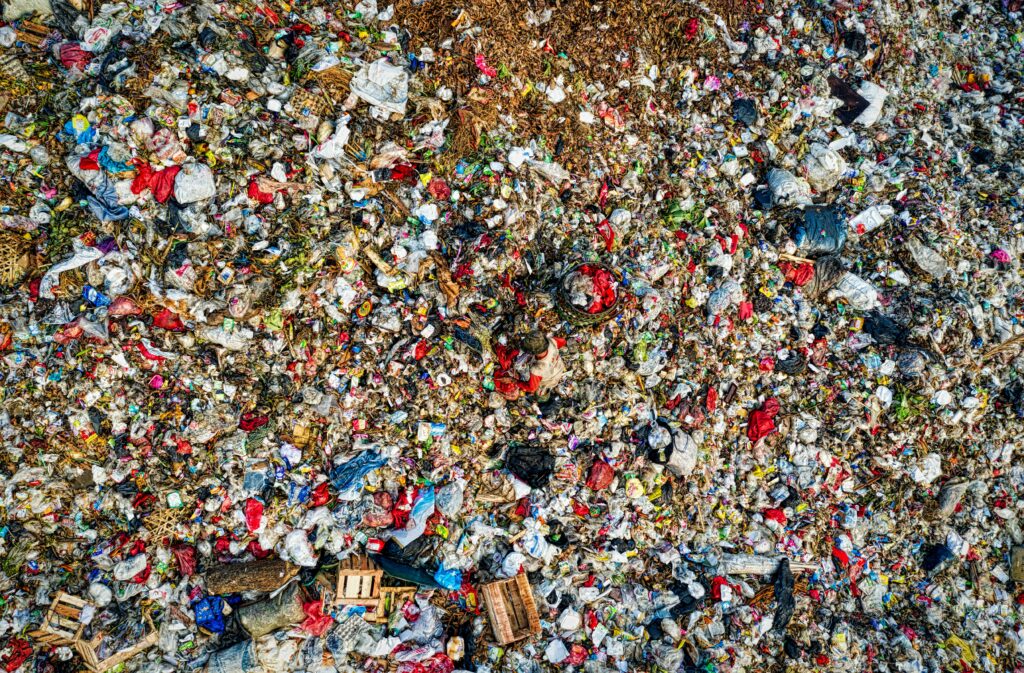
If unmonitored leachate can contaminate groundwater which poses severe health and environmental risks.


